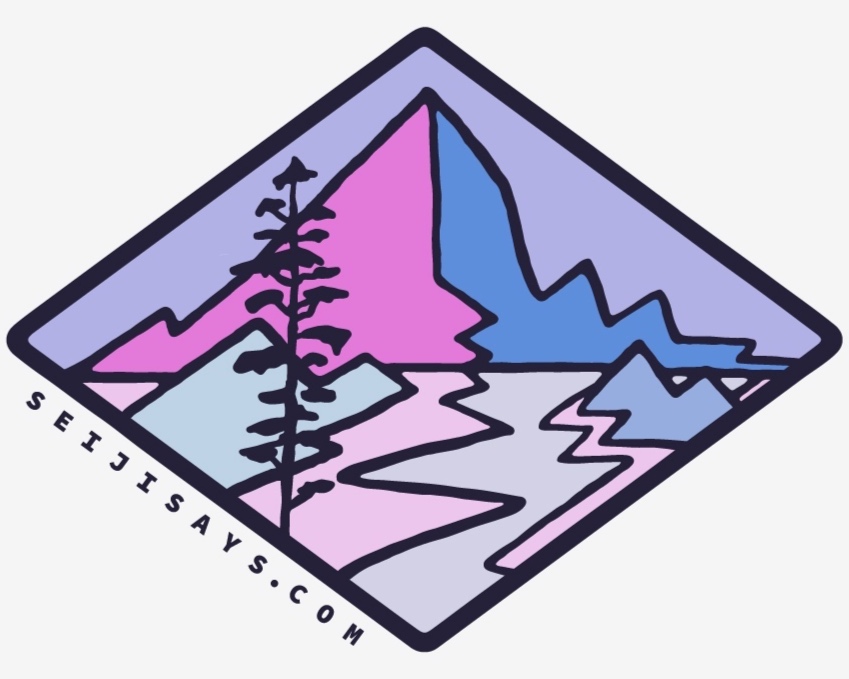Why Do We Risk It All When We Have It All
The author on the slopes of Mount Baker. Photo: Mountain Bureau, LLC
As outdoor and adventure enthusiasts, we understand when a professional athlete or adventurer assumes extreme risks; pushing the edge of what’s possible is within the job description and sponsors pay accordingly. We applaud the daring feats and find inspiration in both their successes and failures, reinforcing their ability to earn money and support themselves and their families.
But we also take risks in pursuing our own adventures that in no way advances our finances. We yearn for the weekends to eagerly expose ourselves to similar risks, maybe not on such grandeur stages or under the threat of equally dire consequences, but failure would drastically undermine work, family and professional commitments. And we do so for no financial gain; we pay to do these things.
I am no professional daredevil, but part of my income hinges on assuming risks that carry consequences that could cause financial ruin. I know this intimately, as I’m in my eighth month of recovery from major injury. The financial struggles are real and it’s still unknown if I can return to work at full capacity to match my earnings before the injury. But all I want to do is go back to dirt bikes, climbing, and other risky adventures even though I do have safer career opportunities. And we all know others that do the same; some knowingly risking it all, their families’ financial security hanging in the balance as they race motocross, climb mountains, ride downhill mountain bikes, ski the backcountry, and similar enriching, yet potentially income ceasing adventures.
If we step back and observe such behaviors in a purely analytical way, the risk vs. reward equation would surely lead us to abruptly cease our weekend warrior pursuits and trade them in for golf. The upside of the fleeting adrenaline rush of hucking the gap pales in comparison to the downside of not being able to pay the mortgage or rent. I have friends in countries that aren’t as high on the socioeconomic scale as the United States, and they are always in disbelief that I voluntarily place myself in harm’s way, usually in very uncomfortable circumstances, making huge efforts to do so, while paying for it. It seems ludicrous to them when they are doing everything in their ability to gain comfort and safety for themselves and their families. When I am with these friends and realize that being in a position to take such risks for recreation is beyond their ability and comprehension. I see how it looks from their point of view and I utter precisely what they’re thinking; “ludicrous.”
The author dirt biking near Bend, Oregon. Photo: Simon Cudby, upshiftonline.com
But I always return to my “normal,” as do friends and acquaintances that lead similar lifestyles. We go right back into chasing weekend glory. The income level doesn’t matter; a lawyer or doctor isn’t bravely taking more risk than anyone else. The outcome, in the end, is the same; whether the bank repossesses the mansion or the apartment, the individual or family loses their home.
Why? Why do amateur athletes and adventurers repeatedly and voluntarily put themselves in harm’s way? How can the fleeting reward of summiting a mountain or winning the vet class outweigh the potential loss of income and financial security in our highly evolved minds? It’s boggling when viewed from an unemotional and analytical viewpoint; the accounting doesn’t jive.
I’ve heard a few theories. The most prevalent being these urges are genetically programmed; we don’t have to risk life and limb to put food on the table anymore, but the need for adrenaline-fueled activity persists in our reptilian brains and our physiology depends on a certain amount of “fight or flight” to function properly. Similar theories abound related to modern society and the lack of real consequences causing our advanced minds to create situations to stay active and awake.
What are your reasons? Do you step back and question your sanity? I have a family that depends on more than my income. My desire to climb, ride, and pursue other risky activities persists even after my catastrophic event that has left me disabled for eight months, and at worst, could have cost me life and limb. In no intelligent way can I reconcile the negative potential outcomes to any amount of temporary joy, glory, or adrenaline hit. Not even close.
But I will return to the cliffs, trails, and mountains. Am I that dumb? I’ve gone down this rabbit hole of thinking plenty of times in the hospitals, in therapy, and during the quiet times during my recovery. And maybe you do the same. And here we are; without an arguable why, but in some way, we feel that it’s the thing to do and it’s completely sane and logical. So — I’ll see you out there.
Originally published on upventur.com.


